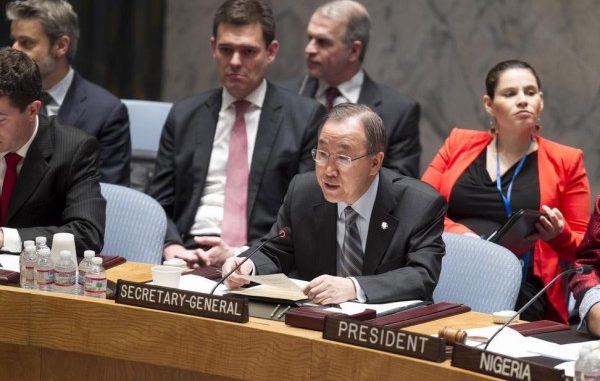
Following are UN Secretary-General Ban Ki-moon’s remarks at the Security Council open debate on sexual violence in conflict, in New York today April 25, 2016
I thank Nigeria for convening this important debate.
Conflict-related sexual violence is an issue of pressing importance. This grave human rights abuse is as destructive as any bomb or bullet. It inflicts unimaginable suffering on women and men, girls and boys. It destroys families and communities and tears the social fabric of nations. By targeting society’s most vulnerable members, it contributes to enduring poverty and insecurity. It impedes reconciliation, peace and reconstruction.
That is why this Council has clearly and consistently stated that conflict-related sexual violence is a matter of international peace and security. Successive resolutions have created a strong global framework for prevention. Grievous violations still occur too often, but we are beginning to make tangible progress, as the report before you shows.
My Special Representative has examined the progress made by several countries, including the Democratic Republic of the Congo and Somalia. Just a few years ago, rape in these conflicts seemed intractable and inevitable. The Democratic Republic of the Congo and Somalia are now demonstrating that progress is possible. The Democratic Republic of the Congo is developing new legal structures to end impunity for perpetrators. Somalia has shown commitment at the highest level to end sexual violence, including signing a joint communiqué with the United Nations. Efforts are now under way to develop an action plan.
The United Nations Team of Experts on the Rule of Law and Sexual Violence in Conflict is working with Colombia, Côte d’Ivoire, Democratic Republic of the Congo, Guinea, Somalia and South Sudan to strengthen their justice systems. Every day more countries are building the technical capacity to prevent and redress sexual violence. The multidisciplinary and multisectoral approach of the Office of the Special Representative on Sexual Violence in Conflict is driving this progress.
The Special Representative engages in high-level advocacy to generate national ownership, leadership and responsibility. Once political commitment has been secured, the Team of Experts on Rule of Law and Sexual Violence in Conflict works with countries to build their capacity to fight impunity for crimes of sexual violence. The Team is drawn from the United Nations Development Programme, the Department of Peacekeeping Operations and the Office of the High Commissioner for Human Rights, and led by the Office of my Special Representative. It helps Governments address reforms to the military and criminal justice systems and other crucial areas.
With sound legislation, comprehensive prevention and response mechanisms, and enhanced capacity, military and civilian justice systems will be better able to address conflict-related sexual violence promptly and effectively. Another key element in political and peacekeeping missions has been the deployment of women protection advisers. Their expertise on human rights, gender analysis and peace and security is helping to mainstream the prevention of conflict-related sexual violence into peacekeeping and special political missions.
In line with the principle of “Delivering as one”, UN Action against Sexual Violence is an inter-agency network of 13 United Nations entities, chaired by my Special Representative. This coordination mechanism ensures that our response avoids duplication, leading to a measured, sustainable and coherent strategy that makes the best use of limited resources and the strengths of each agency. The goal is to provide services and support for victims and ensure that human rights are at the forefront of all interventions. This coordinated response, under the leadership of my Special Representative, embodies the spirit of “Rights up front”. It affirms my vision of a United Nations that works as one to prevent grave human rights violations.
It is imperative that United Nations actors and political leaders work together to stop rights abuses before they happen. The renewed commitment of the United Nations to better meet the human rights responsibilities set by Member States through the “Rights up front” initiative is central in this regard. This report illustrates what we can achieve through greater cooperation. Prevention is our collective responsibility. Only through coordination and partnership can we succeed in protecting the most vulnerable.
I count on your continued leadership and support as we work together to eliminate sexual violence in conflict. Thank you for your commitment.

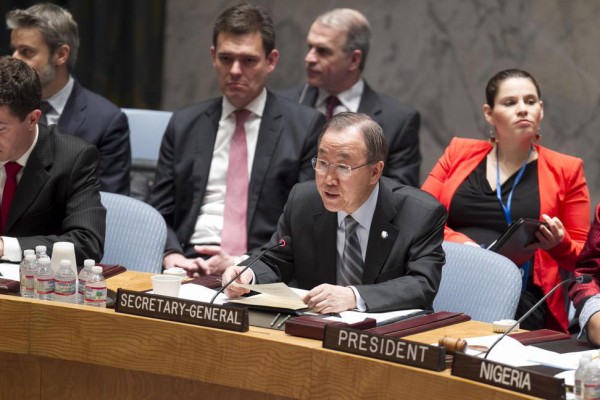
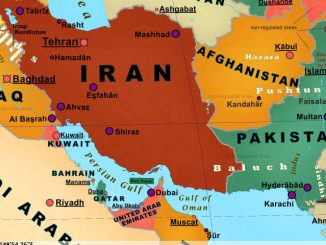
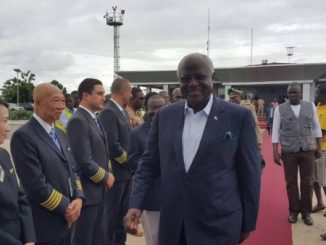
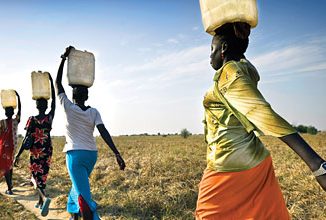
Leave a Reply